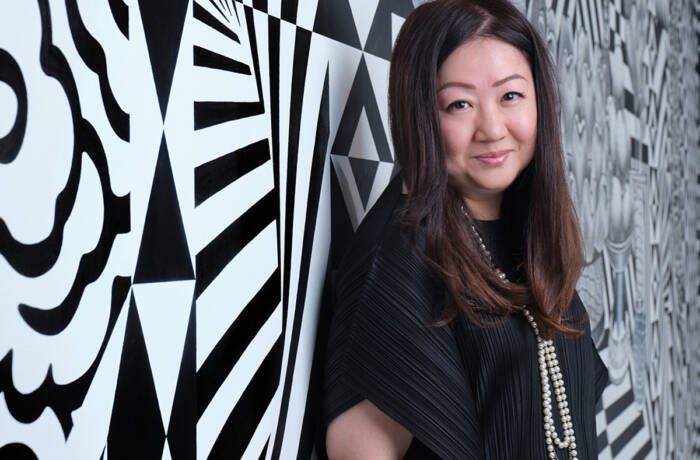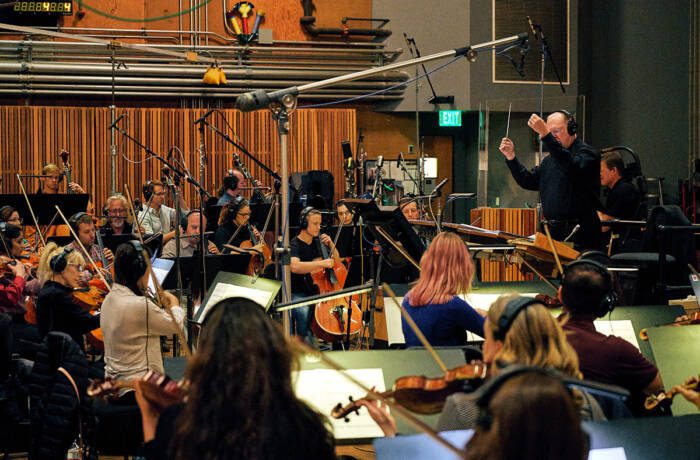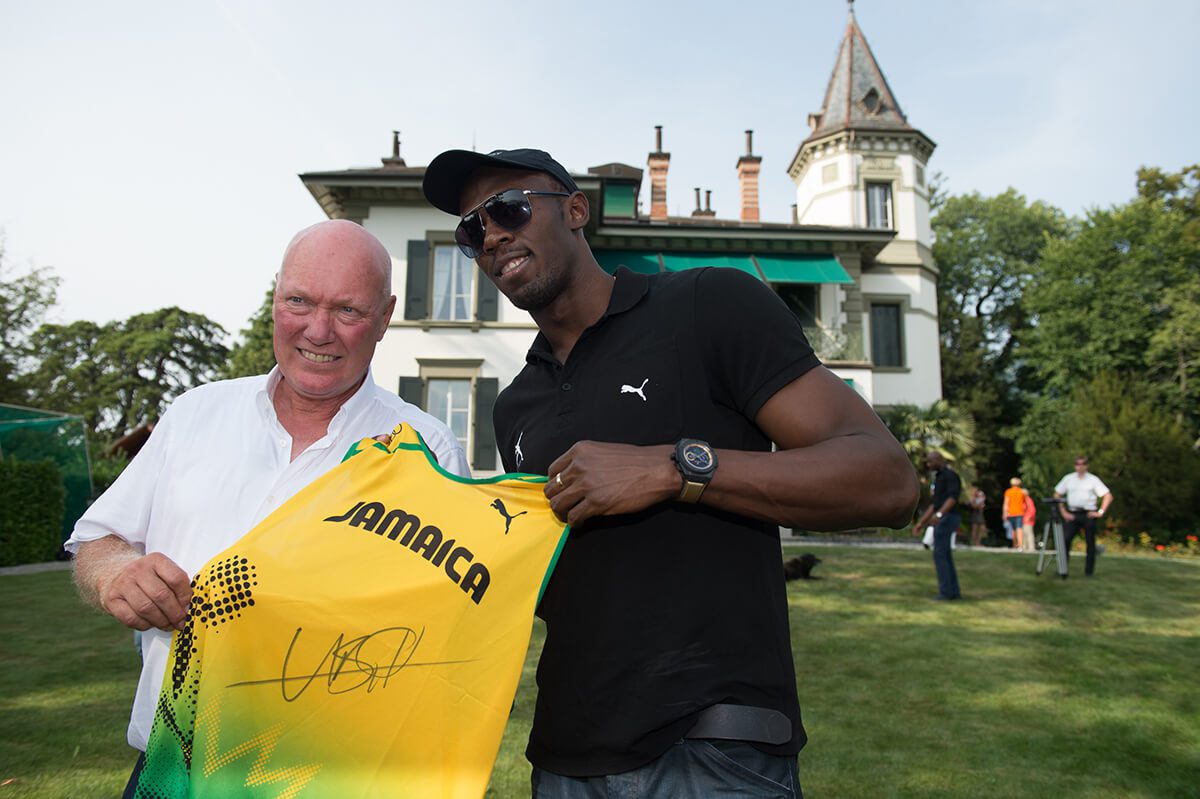
Jean-Claude Biver with Hublot friend Usain Bolt
The luxury industry needs to adapt to the biggest generational change in retail history. How? By going back to the future, says our columnist Jean-Claude Biver
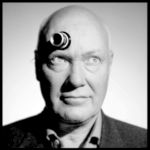
Jean-Claude Biver
Two, three, or five hundred years ago, luxury was a real experience. Luxury, when it originated, involved people who would come to your home; and you would end up buying from them. The store would come to you. You still have this in Japan, where retailers send representatives to the homes of extremely wealthy people, making luxury a real experience. When someone comes into your home with their collection you can have your wife and your kids there. It’s a totally different experience.
When you are in a shop, you have other customers around you; there’s no privacy, and it’s noisy. Luxury was treated that way in the past, then it became a more marketed product, more accessible; and somehow we lost the origin of the experience.
Follow LUX on Instagram: the.official.lux.magazine
And nowadays, as we have a lot of accessible luxury, people are rediscovering inaccessible luxury, which is the luxury that is very individualised when you have a lot of unique pieces only for you and your taste. People are going ‘back to the future’ to this experience; it is a very old way to treat luxury, which was forgotten in the crazy years of the 1980s and 1990s to the 2000s. And now it is coming back, also for the younger generation. Because when they buy luxury they want to have an experience. If you buy without that, you are just making an exchange, a deal.
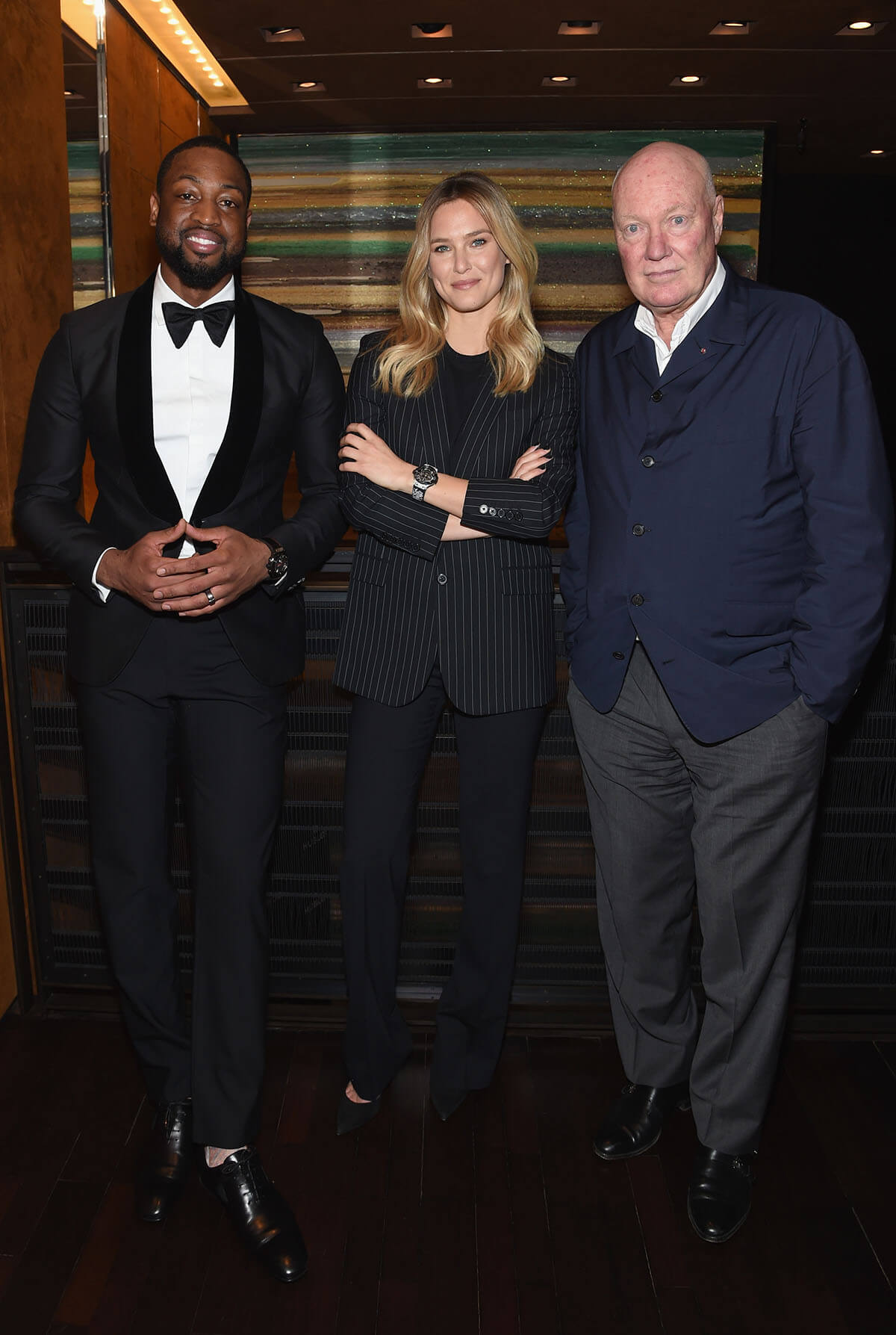
Jean-Claude Biver with Hublot brand ambassadors Dwyane Wade and model Bar Refaeli
If I give you 10 dollars and you give me 10 pounds of chocolate, where is the profit? It is just an exchange for you. But what if you don’t get just chocolate back, but also an experience? Somebody explains to you the different kinds of chocolate, how it is made, and why the Swiss started to put milk in it, at least you get a little experience, because you get a little bit of knowledge.
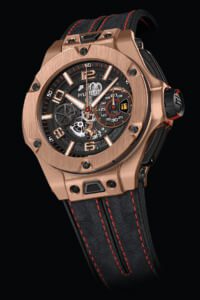
The Hublot Ferrari Unico King Gold watch
Young people want individuality, they are ready to buy T-shirts for £150 from Supreme. These are extremely, extraordinarily expensive, but they are ready to queue up because they want to individualise, to have a T-shirt that their friends don’t have. They will queue up for the brand Off-White, for Virgil Abloh, they are ready to do anything and that is a new trend. We never thought that T-shirts could be sold for £150 or £200, and that young students would queue up to buy them. My son queued in Zurich for a pair of Yeezy shoes, and when the shop opened, he was in position 15 yet they told him, “Sorry, we’re out of stock now!” You have people sleeping in the street to get a pair of Nike shoes made in China. They are ready to do that because they get individualisation, they get a kind of exclusivity, they can differentiate themselves; they get something that others cannot get. Today, people want more of what money cannot buy, or even what you cannot get even if you have money. That’s the attraction and what gives value to a product today.
Traditional luxury brands are also threatened today by the distribution network. The young generation thinks that luxury brands’ stores are boring, or they don’t feel at ease in these kind of stores. So the first thing we in the luxury industry must adapt are our stores, the design, the way people are welcomed, the way we sell in the stores. We need a totally new attitude if we are to attract this new generation. We need to study, what is this generation like, what does it want? For my generation the car was the symbol of freedom, but today, this generation are not interested in driving. If we don’t adapt, if we don’t talk their own language, how can they understand us? This is the biggest generational change in consumption that I have seen in my lifetime.
Read more by Jean-Claude Biver: True luxury is unique and eternal says LVMH watch president
All this is a big challenge, and many CEOs are not ready to start learning when they are 50 or 60, simply because they think they know it already. But we have to reinvent the model.

Jean-Claude Biver with friend of the brand Stéphane Lambiel at the Hublot Polo Gold Cup Gstaad
If you can make your own pair of Nike shoes for $100, you might wonder why you are not able to contribute to the design of your watch, which you might buy for $5,000. Individualisation is something that will take off in the future for the luxury industry. And at the same time, it is much more difficult to be different, to be unique and to be the first, in our industry. Information circulates rapidly from one brand to another, as soon as you think you are the first to have something, it lasts three months and then somebody else does the same. The dynamic and the time frame is such that it is extraordinarily difficult to maintain a distinctive position.
Jean-Claude Biver is president of LVMH Watch Brands and chairman of Hublot

